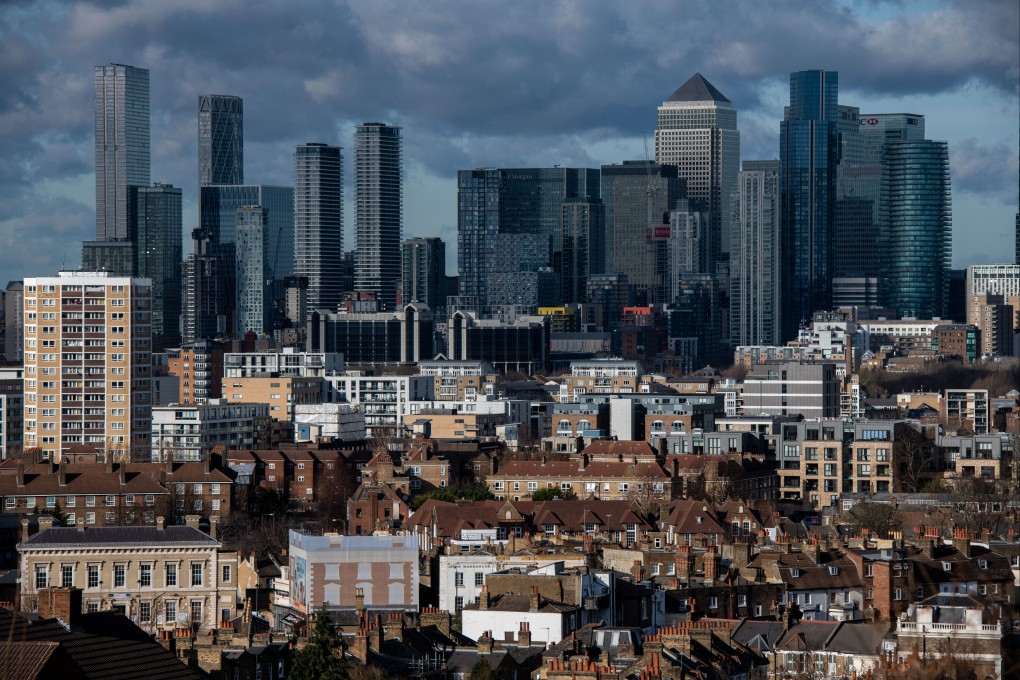Ukraine conflict: will sanctions on Russian oligarchs chill London’s luxury property market?
- Sanctions on Russian oligarchs could take the heat out of the high-end property market, Benham and Reeves agency says
- Russian tycoons, who turned the UK capital into ‘Londongrad’, accounted for only 1 per cent of transactions in 2021

The move against some high-profile billionaires came amid a rebound in high-end transactions around London. Properties in London’s most prestigious postcodes had lost one-fifth of their values over the past seven years, according to Savills, who predict a return to 2014’s peak by 2026.
“As the sanctions bite, we are unlikely to see any more Russian oligarchs, or those connected to the Kremlin, join the prestigious ranks of prime London home ownership,” said Marc von Grundherr, director of Benham and Reeves, a London-based agency. “The impact will be temporary as there is an abundance of demand from other international buyers.”
Russians made US$1.4 billionof headline-grabbing deals in countries including the UK, Germany and Greece from 2018 to 2021, according to Real Capital Analytics, a tiny drop compared with US$358 billion by Hong Kong investors and US$296 billion from US funds.
Russian individuals or entities spent US$869 million on properties globally in the first nine months of 2021, official Russian government data showed.
In concerted sanctions by Western governments, the UK imposed various restrictions including freezing the assets of tycoons like Chelsea football club owner Abramovich and aluminium magnate Oleg Deripaksa of EN+ Group and Rusal for their alleged cosy ties with President Vladimir Putin.
